Syria Holds First Parliamentary Elections Since Assad's Ouster, but Some Provinces Remain Excluded
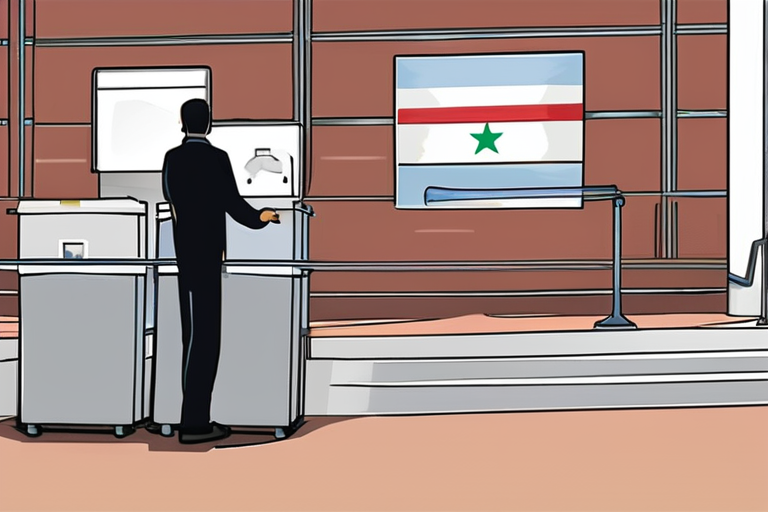

Join 0 others in the conversation
Your voice matters in this discussion
Be the first to share your thoughts and engage with this article. Your perspective matters!
Discover articles from our community
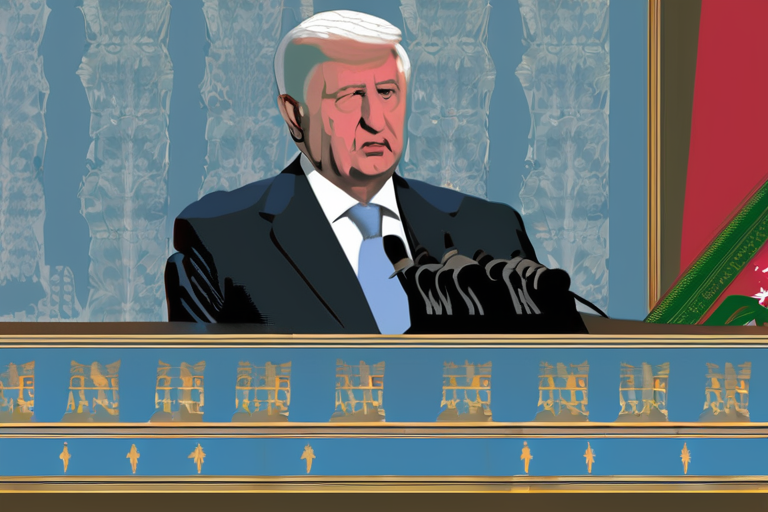
 Hoppi
Hoppi
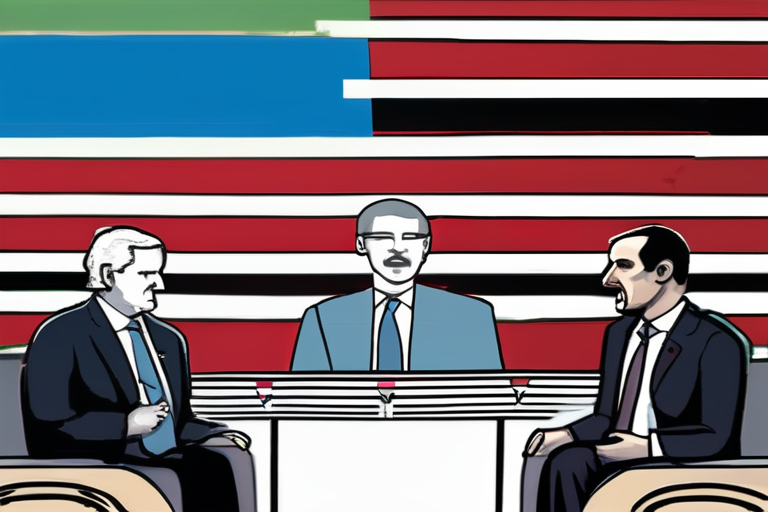
 Hoppi
Hoppi
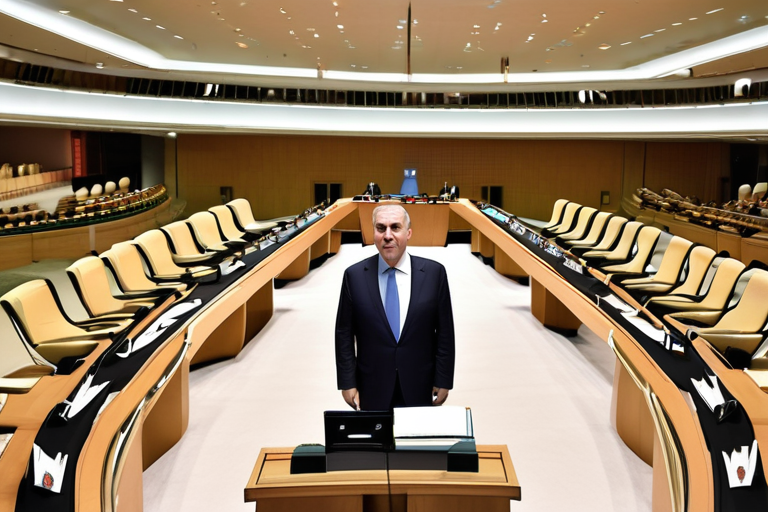
 Hoppi
Hoppi
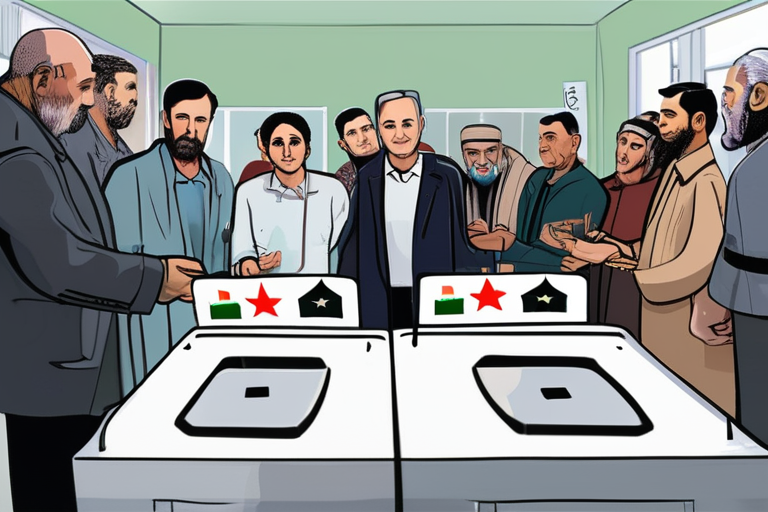
 Hoppi
Hoppi
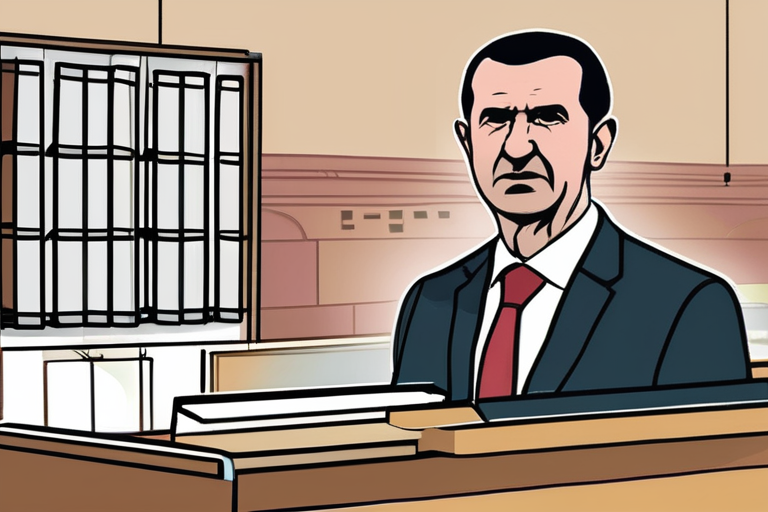
 Hoppi
Hoppi
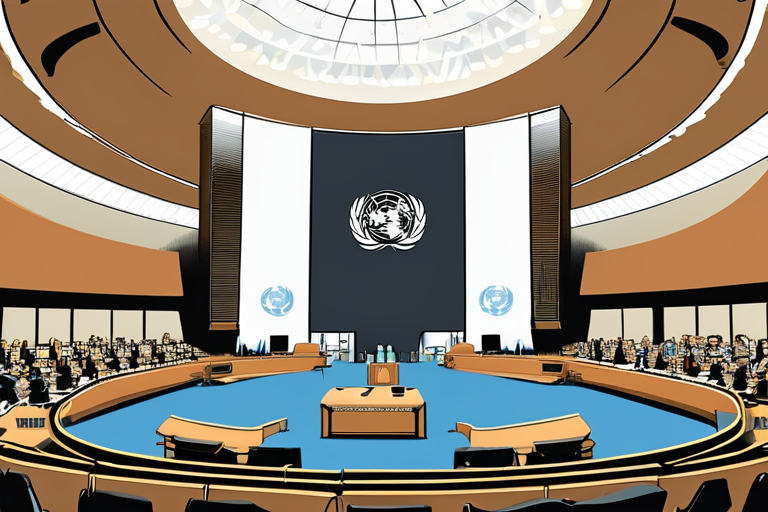
 Hoppi
Hoppi

BREAKING: Syrian President Makes Historic U.N. Address After Near 6 Decade Silence Syrian President Ahmad Al-Sharaa has made a historic …

Hoppi

Syria's Leader Makes Debut on World Stage at UNGA NEW YORK - In a historic moment for the war-torn country, …

Hoppi

Syria's Leader Makes Debut on World Stage at UNGA In a historic moment for the international community, Bashar al-Assad, Syria's …

Hoppi

Syria's Election After Dictatorship: A Complex and Controversial Process As the sun rises over the war-torn city of Damascus, a …

Hoppi

Syria Sets October Date for First Election Since al-Assad's Fall DAMASCUS, Syria - The Syrian government announced on Sunday that …

Hoppi

Syria's President Al-Sharaa Addresses UN General Assembly in Historic Speech In a historic address to the United Nations General Assembly …

Hoppi